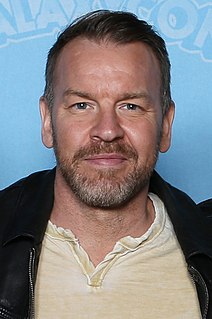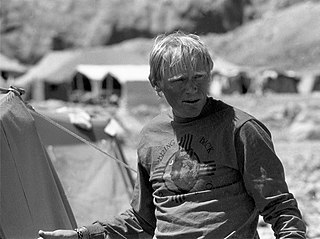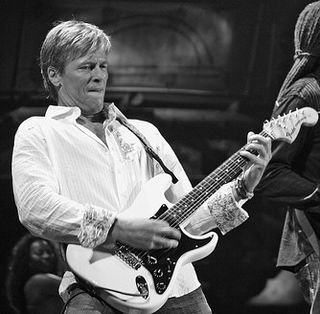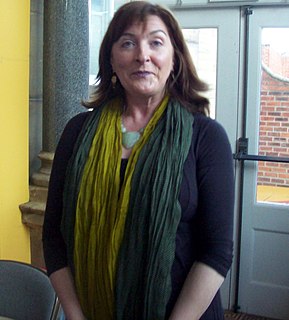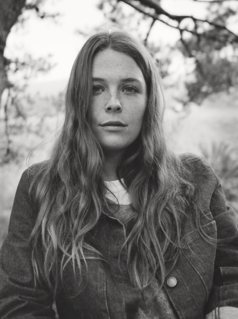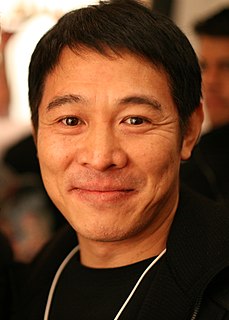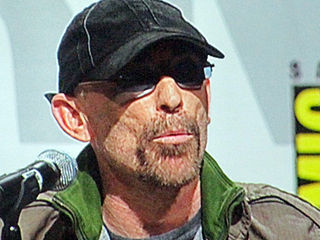A Quote by Edge
When I was growing up, I had three channels, and I didn't know what happened in the Philippines instantly if it happened. Now you can be on the Internet and find out what's going on in Zimbabwe. It's changed.
Related Quotes
I had thought that growing up's consolation was that you could escape from the arbitrariness of things, that somehow one acquired more control. Now you had two numbers until you were ninety-nine. And it wasn't true. Growing up was just more of the same but taller. What happened was all luck. There was no logic.
I don't know what I could say specifically, except that everything I've learned as a kid of course must somehow play into what I do now. I think when everything kind of drifted away, I had to go out into the world and learn how to emotionally be okay with all that, which to me was a decades-long process. But also I happened to find my way in life, to find a living, to figure out what I wanted to be when I grow up. I think all of that now probably helps me. It probably gives me more life experience to draw from.
All I really know in nonfiction is that when I come home, I've got all these notes and I'm trying to figure out what actually happened to me. I usually kind of know what happened, but as you work through the notes, you find that certain scenes write well and some don't even though they should. Those make a constellation of meaning that weirdly ends up telling you what you just went through. It's a slightly different process, but still there's mystery because when you're bearing down on the scenes, sometimes you find out they mean something different than what you thought.
Had the Holocaust happened in Tahiti or the Congo, as it has; had it happened in South America, as it has; had it happened in the West Indies, as it has - you must remember that within fifty years of Columbus's arrival, only the bones remained of the people called the Arawaks, with one or two of them in Spain as specimens. Had the Holocaust committed under the Nazis happened somewhere else, we wouldn't be talking about it the way we talk about it.

